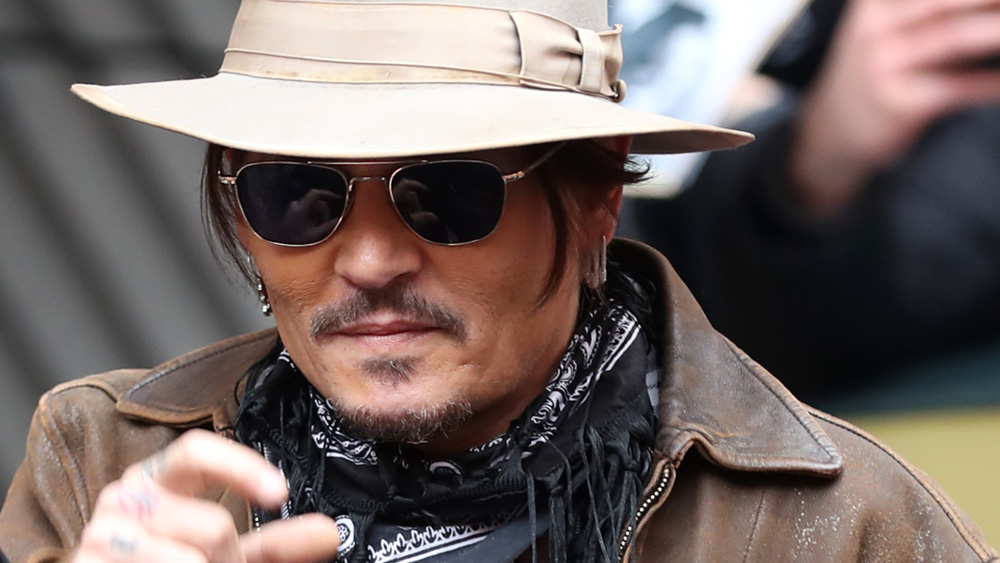Johnny Depp on ‘the Power of the Small’ at Launch of ‘Minamata’ at Berlin Film Festival
By Leo Barraclough
LOS ANGELES (Variety.com) – Johnny Depp arrived at the Berlin Film Festival Friday to support the film “Minamata,” in which he plays celebrated war photographer W. Eugene Smith. In the film, based on real events, Smith is pitted against a powerful corporation responsible for poisoning with mercury the people of Minamata in Japan in 1971.
Also in Berlin were Minami, who plays Aileen, a young Japanese woman who persuades the burned-out Smith – an alcoholic and amphetamine addict – to take on one last assignment; Bill Nighy, who plays Bob Hayes, the editor of Life magazine, Smith’s long-suffering employer; Hiroyuki Sanada, who plays local activist Mitsuo Yamazaki; cinematographer Benoît Delhomme; and director Andrew Levitas.
At the film’s press conference, Depp said he had a “strange fascination” with Smith and his photography, which was enhanced when he’d “read a bit about his life and what he’d gone through, what he’d experienced, what he’d sacrificed to capture those moments, to capture those photos.”
At the start of the film, Smith is seen as a reclusive and tormented curmudgeon, his life blighted by post-traumatic stress disorder – the result of his wartime experiences – as well as his alcoholism and drug addiction.
“My take on Gene Smith is that it was very loud in his brain, and I imagine it didn’t calm down throughout his life,” Depp said. “When you have that kind of white noise, static, voices, a cacophony, it tends to make someone quite isolated. I always felt like he was quite locked into his own particular understanding of fate.”
Asked about the political responsibility of actors, Depp said: “Just as people, all of us are faced with huge monolithic-sized problems at times in our lives.” Depp referred to a “beautiful symbol” in the classic Chinese text the “I Ching” – or “Book of Changes” in English – which translates as “the power of the small.” When confronted with “monolithic opponents,” whether it be in the fields of the environment, health, society or politics, the combined efforts of individuals – “the power of the small” – can bring about great changes, he said.
“It starts with one. You chip away, little by little, and then that problem can be toppled,” he said. “We are specks of dust; I mean, we are the small. If there is something that needs to be dealt with that’s of such magnitude just start chipping away, and people will follow, hopefully.”
There were no questions asked at the press conference about Depp’s personal life or his legal tussles with Amber Heard, although some journalists made sly attempts to draw him out by alluding to aspects of Smith’s own troubled personality, which Depp side-stepped or ignored.
Asked about Smith’s difficult relationship with his children, Depp said: “We tried to stay focused on the story of the disaster, and only used little bits and pieces of Gene’s life to build his character.”
He said the Minamata scandal was “a story that needed to be told,” and added that he had wanted to “harness the power of media or cinema or art and use it to open people’s eyes” to such issues.

